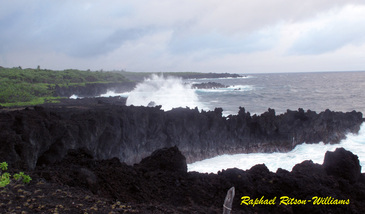
Biodiversity is critical for life as we know it. Plants produce the oxygen we breath. Bacteria decompose waste. Coral reefs protect islands from eroding into the sea. Many different creatures have roles in keeping the planet clean and giving us important resources. When biology helps people to survive, we call this ecosystem services. These services come in many forms but they rely on the interactions among many different species. Think of these interactions as a chain, each link represents a species. As you break these links the chain breaks. When enough species are gone ecosystems stop functioning, stopping the services they provided for us. Imagine a planet without oxygen…not the easiest place to survive!
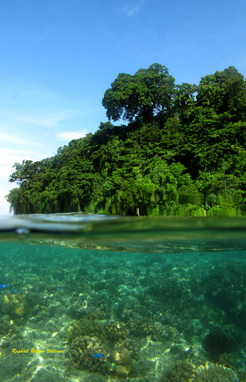
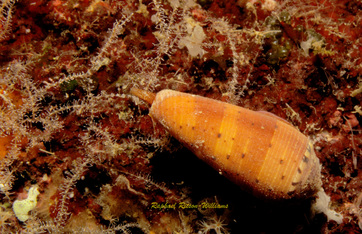
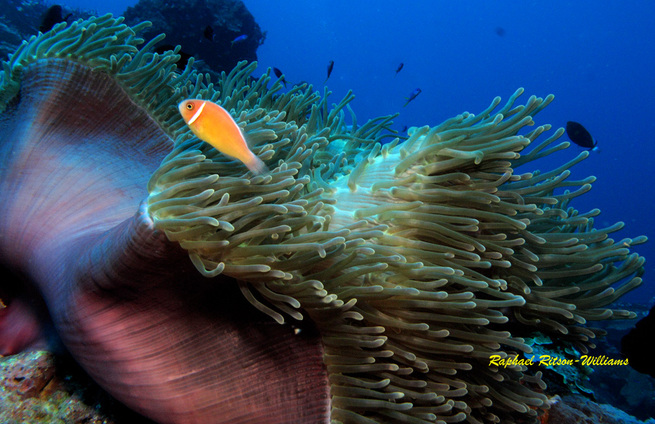
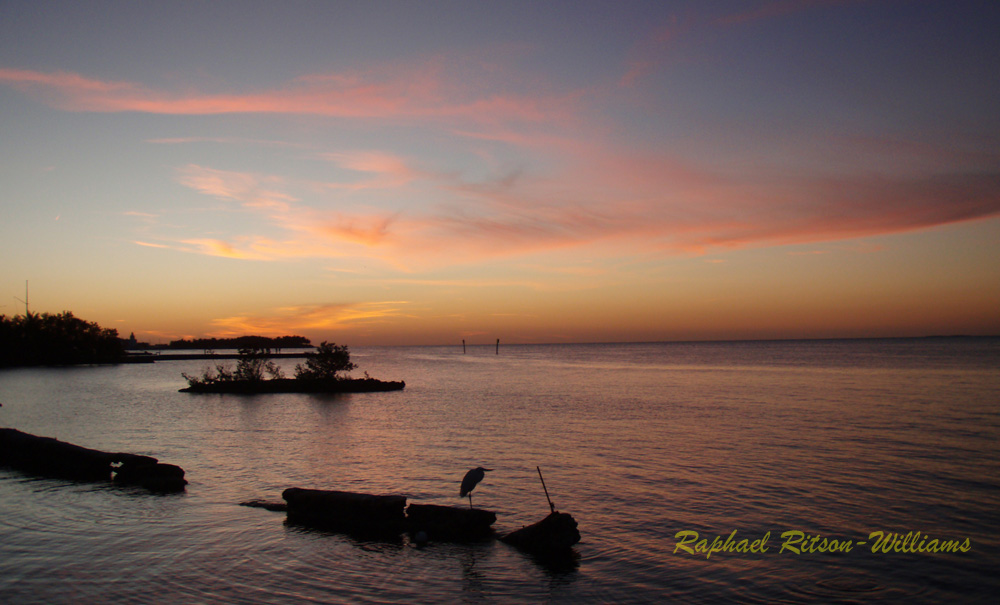
 RSS Feed
RSS Feed